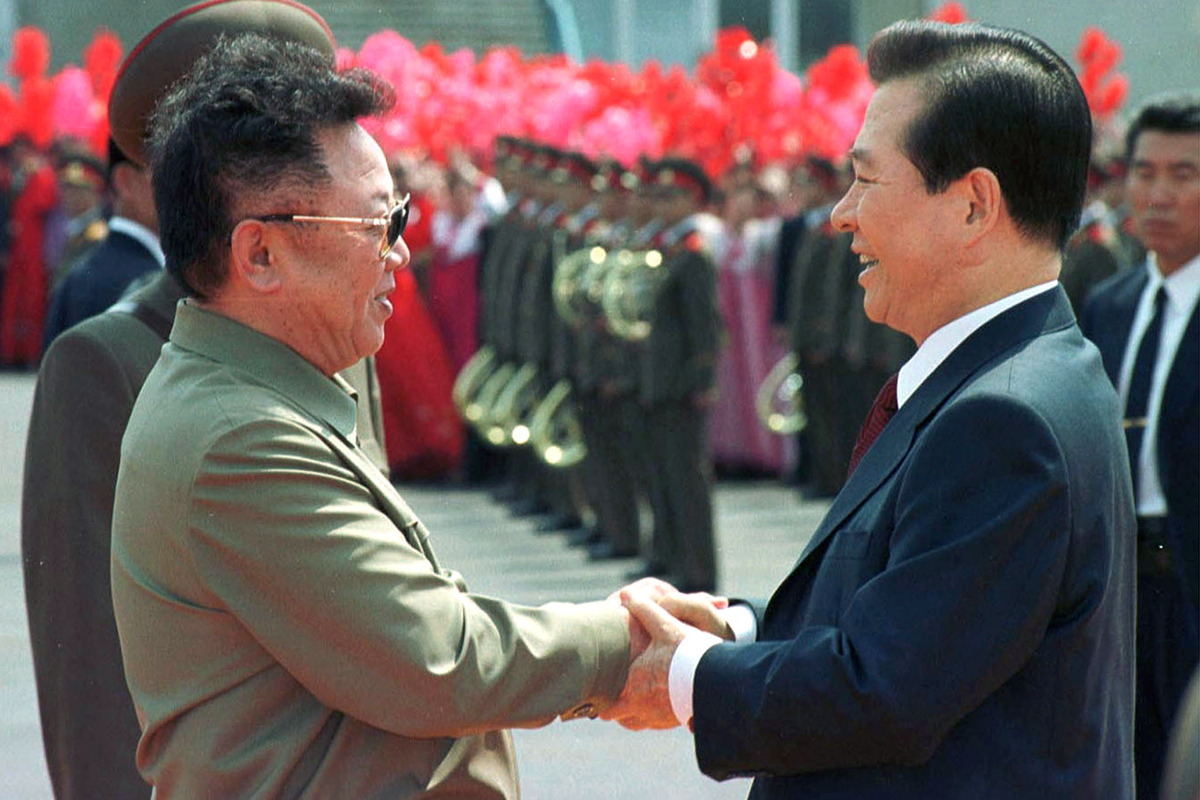When Obama came to power, he made clear that he was willing to sit down and talk with the leadership of pretty much any country, including several that we have long considered enemies and threats. It’s a good principle. Conflict is expensive and talk is cheap. What harm could there be in at least keeping the lines of discussion open?
Except that talk is not always cheap. When South Korean President Roh Moo-hyun met with Kim Jong-il in 2000, the price South Korea paid for the privilege was $500 million. Further meetings have come with escalating costs. North Korea tried to get $10 billion in cash plus aid from President Lee Myung-bak in exchange for a meeting.
There’s a tendency on the South Korean left to see the conflict with North Korea as perpetuated by the South Korean right and the United States. If only the United States and South Korea would talk to North Korean leaders directly, instead of threatening them with isolation and sanctions and military might, the thinking goes, we could achieve peace on the Korean Peninsula.
This line of thinking made a certain amount of sense in the 1990s, during the Sunshine Policy era. The world’s communist regimes were either collapsing or transforming. The cold war was over. South Korea too was undergoing a profound political shift, from right-wing military dictatorship to left-wing democracy. President Kim Dae-jung was right to try a new approach to an old and serious problem.
It didn’t work.
The North Korean regime, it turned out, was pocketing the money it got from summits while continuing with unacceptable behavior, particularly its nuclear program. The regime has kept itself alive however it can, playing regional powers against each other, dealing in meth and missile parts, oppressing its citizens.
So when North Korea begins to talk about talking, we should look carefully to see whether they’re arriving hat in hand. Are they looking for a dialogue, or are they just looking for a handout? Considering how little has been gained from past talks with North Korea, neither South Korea nor the United States should buy what Pyongyang is selling. Let Pyongyang deliver some sample goods first — a constructive conversation of any sort at all, really — before South Korea spends more money on empty words.

